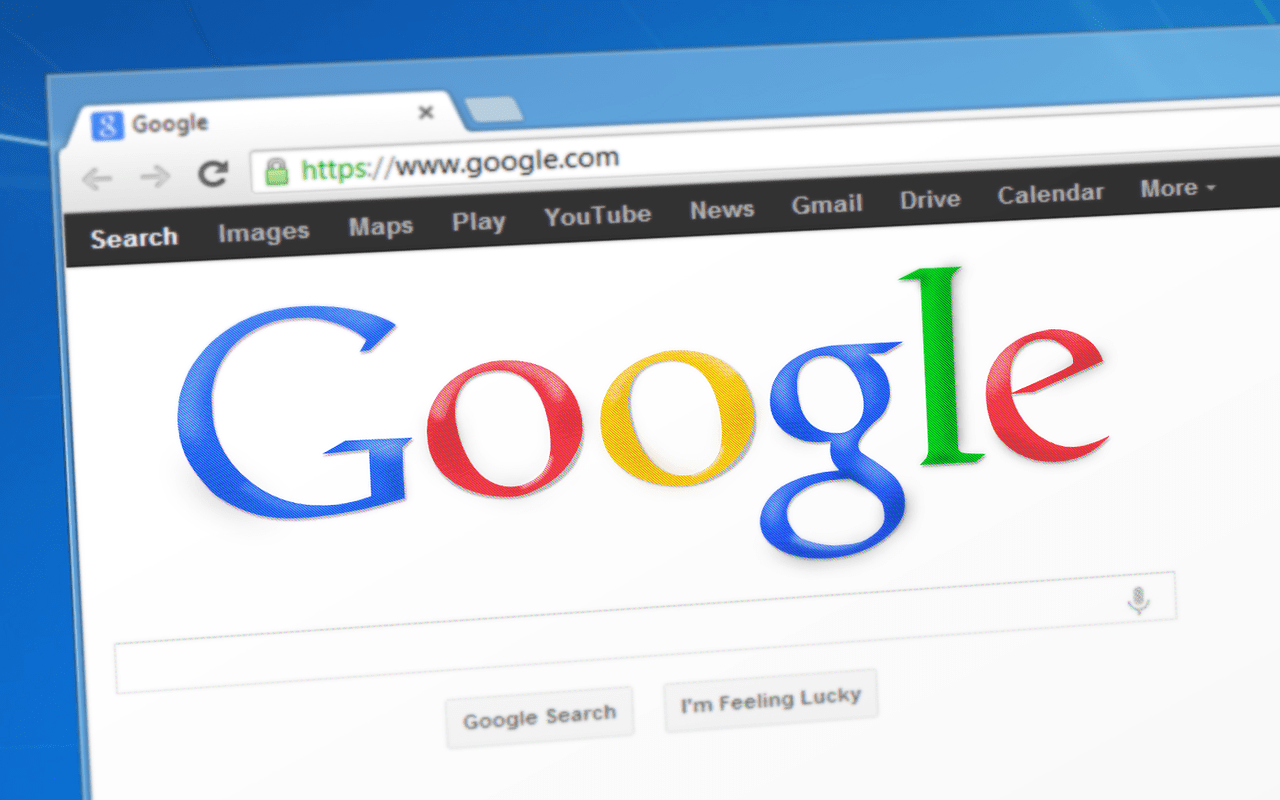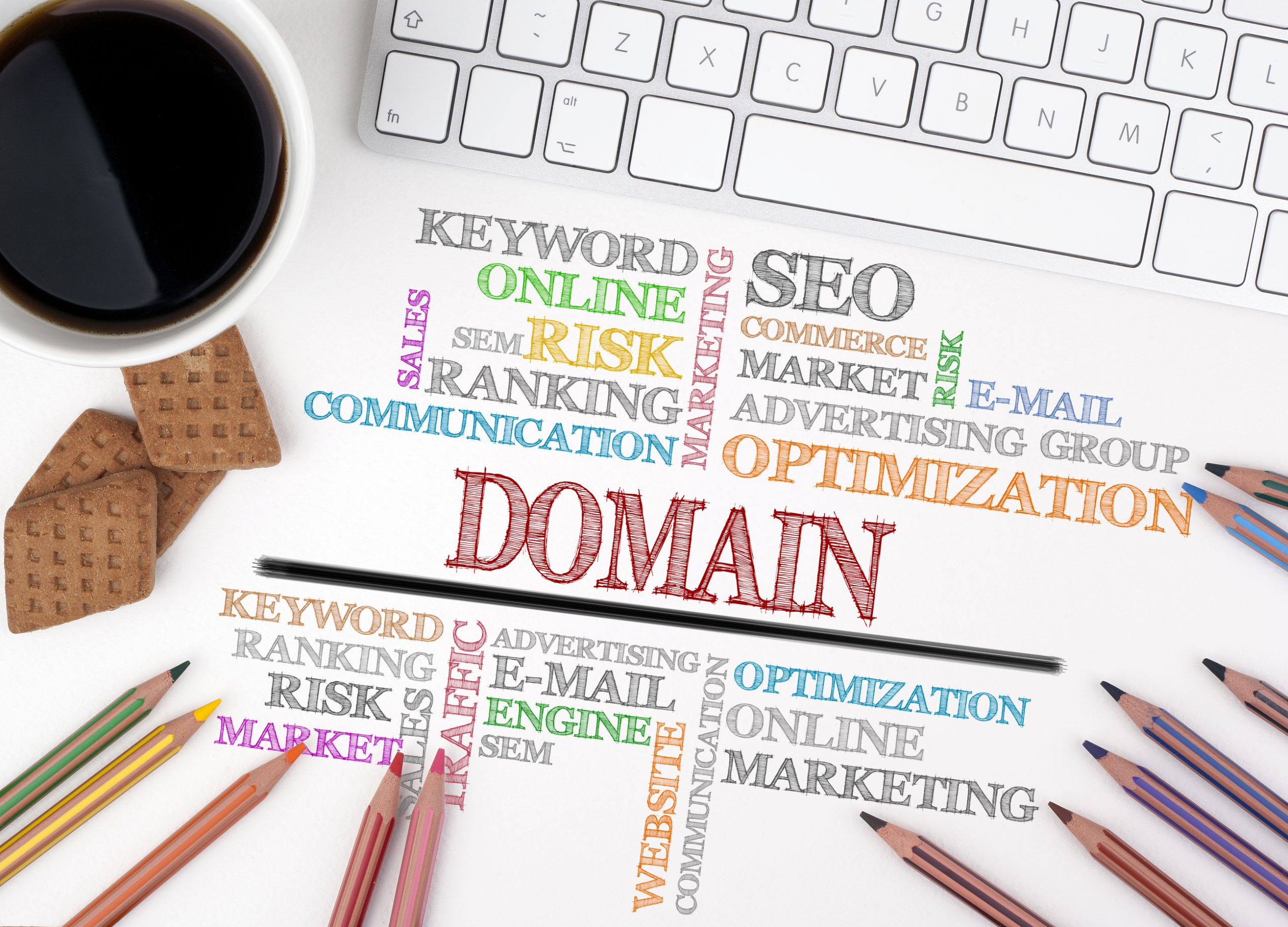Ever wondered what a premium domain broker does? NameExperts.com Director Joe Uddeme outlines the role of a domain broker – and explains why having one onside when searching for a great name can be invaluable.
As super-premium domain brokers specializing in .com names, it’s fascinating to see the large number of people who have no idea what domain brokers do for a living.
The domain name business is a lot like real estate, although there is no tangible piece of property. The inventory is digital in nature and typically consists of intellectual property (IP).
Domain names can be a fantastic alternative investment for someone looking to diversify their portfolio. As a long-term strategy, they tend to increase in value. They also have very small renewal fees.
There are many domain brokers in the domain name space. Many focus on all of the top level domains (such as .com, .ai, .org and so on). Others tend to skew towards one specific tld or just only a few.
Reactive Vs. Proactive Brokerage
If we drill down a little deeper, we see that two dominant types of brokers exist.
- Reactive Brokerage: These are the sales platforms that exist in this space. Potential clients use inbound sales platforms such as SEDO or Afternic, type in a keyword and buy their domain name.
- Proactive Brokerage: Brokers that take the time to build the leads and determine the best fit for a specific domain name.
I’m amazed how some domain brokers focus on reactive approach and don’t take the time to fully understand the opportunity they could present to clients.
Solid domain brokers understand web trends and algorithm updates. They understand the true value of the keyword and take the time to investigate every opportunity thoroughly.
Domain brokers should be proficient in the anatomy of the domain name. They should also be in tune with current market conditions when effectively pricing a premium domain name for sale.
Domain brokers should never overvalue a domain name. In addition, they should not create false promises for clients. Pricing should be realistic based on current market conditions. Everyone in the domain name industry loses when brokers over-promise and under-deliver.
The Name Experts Approach to Brokering
As 15+ year veterans of the industry, we take our work seriously. We have helped everyone from billionaire investor Mark Cuban to Tripadvisor secure great domain names, and like to think our clients quickly understand the difference between working with us and a less experienced broker – or one who is more reactive than proactive.
To hear what we can do for you, get in touch.
About the author
Joe Uddeme is Director and Principal of Name Experts, one of the world’s leading domain name brokerage services. He has overseen domain name sales and acquisitions totaling more than $150 million and is renowned worldwide as a go-to expert in buying and selling premium domains.





